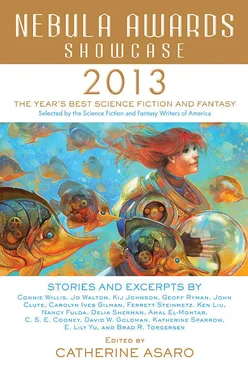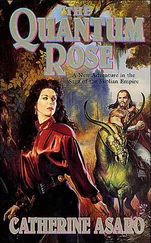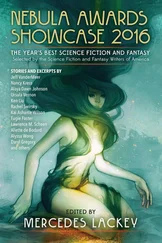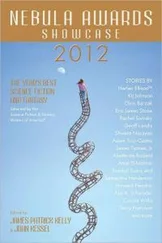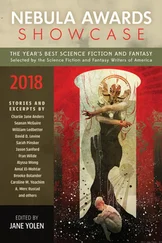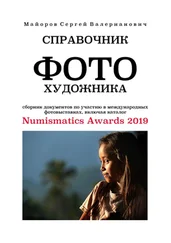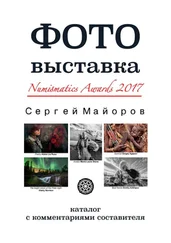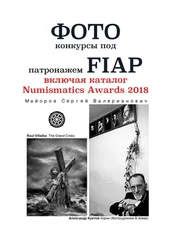* * *
I took the letter with me downtown, where I knew the Chinese tour buses stopped. I stopped every tourist, asking, “ Nin hui du zhongwen ma? ” Can you read Chinese? I hadn’t spoken Chinese in so long that I wasn’t sure if they understood.
A young woman agreed to help. We sat down on a bench together, and she read the letter to me aloud. The language that I had tried to forget for years came back, and I felt the words sinking into me, through my skin, through my bones, until they squeezed tight around my heart.
* * *
Son,
We haven’t talked in a long time. You are so angry when I try to touch you that I’m afraid. And I think maybe this pain I feel all the time now is something serious.
So I decided to write to you. I’m going to write in the paper animals I made for you that you used to like so much.
The animals will stop moving when I stop breathing. But if I write to you with all my heart, I’ll leave a little of myself behind on this paper, in these words. Then, if you think of me on Qingming , when the spirits of the departed are allowed to visit their families, you’ll make the parts of myself I leave behind come alive too. The creatures I made for you will again leap and run and pounce, and maybe you’ll get to see these words then.
Because I have to write with all my heart, I need to write to you in Chinese.
All this time I still haven’t told you the story of my life. When you were little, I always thought I’d tell you the story when you were older, so you could understand. But somehow that chance never came up.
I was born in 1957, in Sigulu Village, Hebei Province. Your grandparents were both from very poor peasant families with few relatives. Only a few years after I was born, the Great Famines struck China, during which thirty million people died. The first memory I have was waking up to see my mother eating dirt so that she could fill her belly and leave the last bit of flour for me.
Things got better after that. Sigulu is famous for its zhezhi papercraft, and my mother taught me how to make paper animals and give them life. This was practical magic in the life of the village. We made paper birds to chase grasshoppers away from the fields, and paper tigers to keep away the mice. For Chinese New Year my friends and I made red paper dragons. I’ll never forget the sight of all those little dragons zooming across the sky overhead, holding up strings of exploding firecrackers to scare away all the bad memories of the past year. You would have loved it.
Then came the Cultural Revolution in 1966. Neighbor turned on neighbor, and brother against brother. Someone remembered that my mother’s brother, my uncle, had left for Hong Kong back in 1946, and became a merchant there. Having a relative in Hong Kong meant we were spies and enemies of the people, and we had to be struggled against in every way. Your poor grandmother—she couldn’t take the abuse and threw herself down a well. Then some boys with hunting muskets dragged your grandfather away one day into the woods, and he never came back.
There I was, a ten-year-old orphan. The only relative I had in the world was my uncle in Hong Kong. I snuck away one night and climbed onto a freight train going south.
Down in Guangdong Province a few days later, some men caught me stealing food from a field. When they heard that I was trying to get to Hong Kong, they laughed. “It’s your lucky day. Our trade is to bring girls to Hong Kong.”
They hid me in the bottom of a truck along with other girls, and smuggled us across the border.
We were taken to a basement and told to stand up and look healthy and intelligent for the buyers. Families paid the warehouse a fee and came by to look us over and select one of us to “adopt.”
The Chin family picked me to take care of their two boys. I got up every morning at four to prepare breakfast. I fed and bathed the boys. I shopped for food. I did the laundry and swept the floors. I followed the boys around and did their bidding. At night I was locked into a cupboard in the kitchen to sleep. If I was slow or did anything wrong I was beaten. If the boys did anything wrong I was beaten. If I was caught trying to learn English I was beaten.
“Why do you want to learn English?” Mr. Chin asked. “You want to go to the police? We’ll tell the police that you are a mainlander illegally in Hong Kong. They’d love to have you in their prison.”
Six years I lived like this. One day, an old woman who sold fish to me in the morning market pulled me aside.
“I know girls like you. How old are you now, sixteen? One day, the man who owns you will get drunk, and he’ll look at you and pull you to him and you can’t stop him. The wife will find out, and then you will think you really have gone to hell. You have to get out of this life. I know someone who can help.”
She told me about American men who wanted Asian wives. If I can cook, clean, and take care of my American husband, he’ll give me a good life. It was the only hope I had. And that was how I got into the catalog with all those lies and met your father. It is not a very romantic story, but it is my story.
In the suburbs of Connecticut, I was lonely. Your father was kind and gentle with me, and I was very grateful to him. But no one understood me, and I understood nothing.
But then you were born! I was so happy when I looked into your face and saw shades of my mother, my father, and myself. I had lost my entire family, all of Sigulu, everything I ever knew and loved. But there you were, and your face was proof that they were real. I hadn’t made them up.
Now I had someone to talk to. I would teach you my language, and we could together remake a small piece of everything that I loved and lost. When you said your first words to me, in Chinese that had the same accent as my mother and me, I cried for hours. When I made the first zhezhi animals for you, and you laughed, I felt there were no worries in the world.
You grew up a little, and now you could even help your father and I talk to each other. I was really at home now. I finally found a good life. I wished my parents could be here, so that I could cook for them, and give them a good life too. But my parents were no longer around. You know what the Chinese think is the saddest feeling in the world? It’s for a child to finally grow the desire to take care of his parents, only to realize that they were long gone.
Son, I know that you do not like your Chinese eyes, which are my eyes. I know that you do not like your Chinese hair, which is my hair. But can you understand how much joy your very existence brought to me? And can you understand how it felt when you stopped talking to me and won’t let me talk to you in Chinese? I felt I was losing everything all over again.
Why won’t you talk to me, son? The pain makes it hard to write.
* * *
The young woman handed the paper back to me. I could not bear to look into her face.
Without looking up, I asked for her help in tracing out the character for ai on the paper below Mom’s letter. I wrote the character again and again on the paper, intertwining my pen strokes with her words.
The young woman reached out and put a hand on my shoulder. Then she got up and left, leaving me alone with my mother.
Following the creases, I refolded the paper back into Laohu. I cradled him in the crook of my arm, and as he purred, we began the walk home.
THE ICE OWL
Carolyn Ives Gilman
Читать дальше
